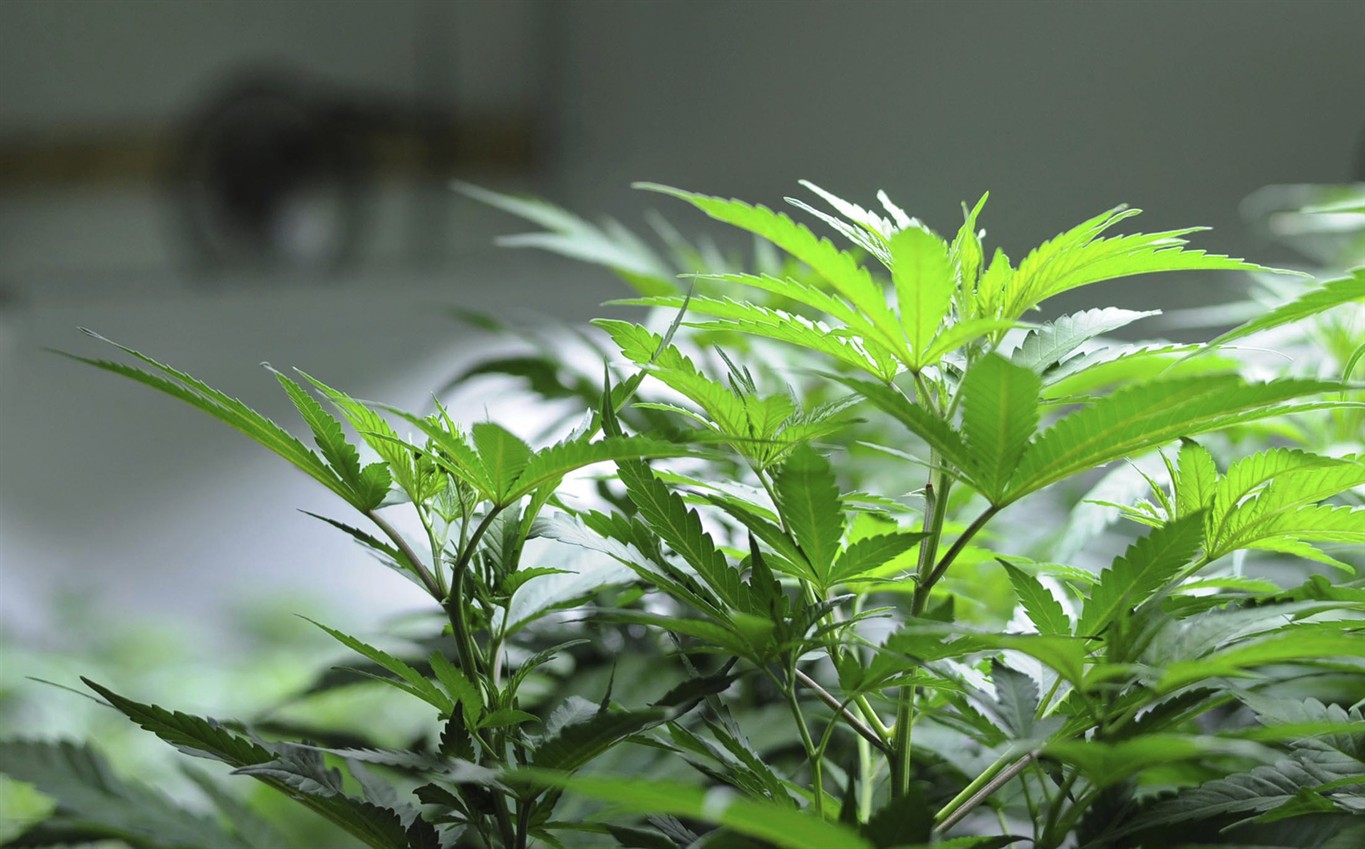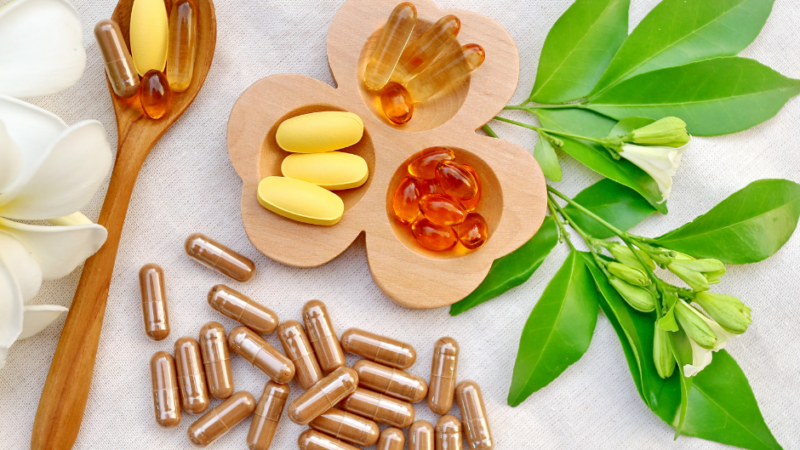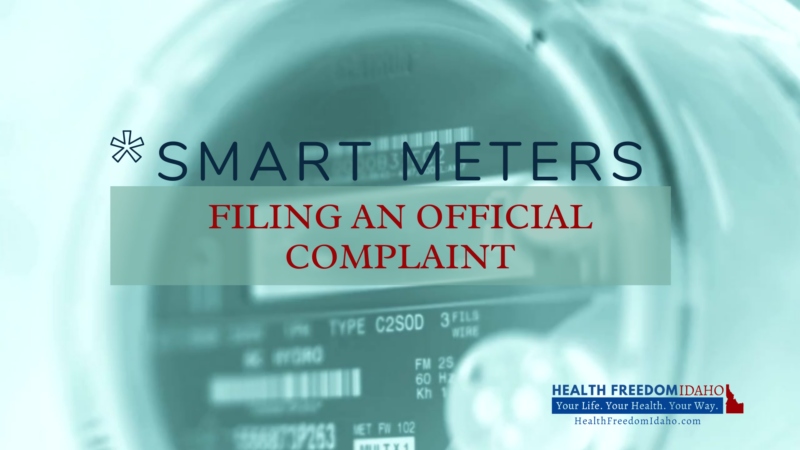Response to Another Misguided Attempt of State Agency to Ban Or Over-Regulate Hemp

Last week, the hemp industry was confronted by the latest misguided attempt of a state agency to ban or over-regulate hemp and hemp-derived products. The Texas Department of State Health Services put out this notice which suggested, incorrectly, that hemp-derived cannabidiol (CBD) is a controlled substance, and outlined a strategy on how to regulate it.
Fortunately, the agency has asked for public comments, and the Roundtable submitted this comprehensive letter that addresses the state’s misconceptions, and makes the clear case for the legality of hemp and hemp products.
Dear Dr. Hellerstedt and Mr. Ressler:
The U.S. Hemp Roundtable is grateful for the opportunity to comment on the Texas Department of State Health Services’ (“DSHS”) Proposed Draft Inspection Protocol for Hemp and Hemp By-Products in Food (“inspection protocol”). The Roundtable is the industry’s national business association that represents over thirty firms from across the country – at each link of the hemp supply and sales chain – and includes the ex officio membership of the industry’s major grassroots organizations. We write to strongly oppose any effort by the Texas DSHS to restrict the sale, distribution, or consumption of hemp-derived products, including conventional foods and dietary supplements containing hemp-derived cannabidiol (“CBD”). As discussed further below, hemp-derived CBD poses no safety concerns and is not a controlled substance under the Controlled Substances Act (“CSA”). In addition, hemp-derived CBD may be marketed in food, including dietary supplements, according to U.S. Food and Drug Administration (“FDA”) regulations.
Safety of Hemp-Derived CBD
Current scientific research confirms that hemp-derived CBD is safe in food, supplements, beverages, and cosmetics, and has provided health benefits to millions of Americans, including thousands of Texans.
We are also not aware of any serious adverse events associated with the consumption of CBD, even at Board of Directors Alliance One International American Shaman Ananda Hemp Bluebird Botanicals CV Sciences CW Hemp Elixinol GenCanna Global Isodiol Real Hemp Williams Ranch Company Zilis Members AgTech Scientific American Herbal Products Association Anavii Market Atalo Elemental Processing General Hemp Gotham Green Partners Harrod’s Creek Farm Hempure Hemp Industries Association Hemp Today Irwin Naturals MHR Brands National Hemp Association North American Industrial Hemp Council S&H Hemp Unique Food Works Virginia Industrial Hemp Coalition Vote Hemp “enhanced” levels.
Indeed, the World Health Organization (“WHO”) recently evaluated CBD and determined that “CBD is generally well tolerated with a good safety profile,” and furthermore that “there is no evidence of recreational use of CBD or any public health-related problems associated with the use of pure CBD.”1
Because industrial hemp contains only a negligible amount of tetrahydrocannabinol (“THC”), the psychoactive component of cannabis, hemp-derived CBD products are non-psychoactive and safe. Further, hemp-derived CBD does not have the potential for abuse or addiction, and there is no potential for diversion.
Status of CBD under the Controlled Substances Act
Beyond the safety profile of CBD and hemp-derived CBD products, the agency’s draft inspection protocol includes statements that are factually inaccurate regarding the status of CBD under the CSA. First, CBD is not considered a controlled substance under the CSA. The Drug Enforcement Agency (“DEA”) has listed both “Tetrahydrocannabinol” and “Marihuana” as Schedule I controlled substances under the CSA, but not “cannabidiol” or “CBD.”
Not all parts of the Cannabis sativa L plant are considered “marihuana.” The federal definition of marihuana expressly excludes various portions of the Cannabis sativa L plant.
Under the CSA, “marihuana” is defined, as follows: [A]ll parts of the plant Cannabis sativa L., whether growing or not; the seeds thereof; the resin extracted from any part of such plant; and every compound, manufacture, salt, derivative, mixture, or preparation of such plant, its seeds or resin. Such term does not include the mature stalks of such plant, fiber produced from such stalks, oil or cake made from the seeds of such plant, any other compound, manufacture, salt, derivative, mixture, or preparation of such mature stalks (except the resin extracted therefrom), fiber, oil, or cake, or the sterilized seed of such plant which is incapable of germination.2 (emphasis added)
As affirmed by the 9th Circuit Court in Hemp Industries Assn. v. Drug Enforcement Admin., 357 F.3d 1012 (9th Circ. 2004), the listing of “marihuana” in Schedule I excludes the mature stalks of such plant, fiber produced from such stalks, oil or cake made from the seeds of such plant, any other compound, manufacture, salt, derivative, mixture, or preparation of such mature stalks (except the resin extracted therefrom), fiber, oil, or cake, or the sterilized seed of such plant which is incapable of germination.
Thus, while CBD found in marijuana would be considered a Schedule I controlled substance, CBD derived from source material other than marijuana would not fall under the CSA. Therefore, synthetic CBD, CBD derived from industrial hemp, and CBD found anywhere else in nature (i.e., flax seeds)3 are not subject to the CSA. Similarly, there is no federal law that prohibits “enhanced levels of CBD” in industrial hemp or hemp products. Section 7606 of the Agricultural Act of 20144 defines ‘‘industrial hemp’’ as the plant Cannabis sativa L. and any part of such plant, whether growing or not, with a delta-9 tetrahydrocannabinol concentration of not more than 0.3 percent on a dry weight basis. Section 7606 also permits the growth, cultivation, and marketing of industrial hemp by states with an Industrial Hemp Research Pilot Program or via an institution of higher education. Furthermore, industrial hemp that is grown and distributed pursuant to Section 7606 is specifically exempted from the CSA. This law permits use of any part of such plant, and therefore industrial hemp with enhanced levels of CBD has the same legal status as industrial hemp with low or no CBD. The only limitation included in the law was the 0.3 concentration limit for THC.
Regulatory Status of CBD
Additionally, the FDA’s current position regarding CBD in dietary supplements or conventional food is unsettled and unsupported by law or regulations. More importantly, the agency’s current position is not a final determination. As background, the Dietary Supplement Health and Education Act of 1994 (“DSHEA”)5 defines a “dietary supplement” as a product intended to supplement the diet that bears one or more of the following: (a) a vitamin; (b) a mineral; (c) an herb or other botanical; (d) an amino acid; (e) a dietary substance for use by man to supplement the diet by increasing the total dietary intake; or (f) a concentrate, metabolite, constituent, extract, or combination of any ingredient described in clause (a) through (e).6
Thus, it permits a wide range of dietary ingredients in dietary supplements, including CBD which is an extract of a botanical (Cannabis sativa L. plant). CBD also falls under clause (e) as it is a dietary substance for use by man to supplement the diet by increasing the total dietary intake. As you may be aware, the FDA has taken the position – via Warning Letters sent to hemp-CBD companies7 – that because substantial clinical trials studying CBD as a new drug were made public prior to the marketing of any food or dietary supplements containing CBD, dietary supplements or food are therefore precluded from containing this ingredient.
However, we firmly disagree that the referenced clinical trials are in fact “substantial,” as the trials were extremely limited in scope, and funding and the publication of these trials has been limited. Further, to date no drug with CBD as an active ingredient has been approved by FDA. Thus, we believe that CBD was marketed as a dietary supplement/food prior to any substantial drug investigations being authorized, undertaken, or made public, and that based on the definition of “dietary supplement” under DSHEA, CBD is in fact a permissible dietary ingredient.
Moreover, Warning Letters and “FAQ” documents are by no means final agency determinations. We note that the FDA has never taken hempCBD products off the market, and the primary motivation for the Warning Letters issued in 2015, 2016, and 2018 concerned the improper use of disease-remediation claims by hemp supplement/food companies. Finally, the draft inspection protocol notes that “CBD is also considered to be a drug by the FDA.” As a matter of clarity, it should be noted that an ingredient can fit into more than one FDA-regulated product category or subcategory. For example, vitamins are present and permitted for use in conventional foods, supplements, beverages, cosmetics, or pharmaceutical drugs. Thus, the fact that CBD can be considered a drug has no bearing on whether it is permissible in other FDA product categories. In fact, DSHEA specifically allows for an ingredient to co-exist as both a drug and a dietary supplement ingredient. Excluded from the definition of a dietary supplement is (“IND preclusion”): an article authorized for investigation as a new drug, antibiotic, or biological for which substantial clinical investigations have been instituted and for which the existence of such investigations has been made public, which was not before such approval, certification, licensing, or authorization marketed as a dietary supplement or as a food unless the Secretary, in the Secretary’s discretion, has issued a regulation, after notice and comment, finding that the article would be lawful under this Act.8
The federal statute specifically carves out dietary supplements and foods that were marketed prior to investigation of the article as a drug, for which substantial clinical investigation has been instituted and made public. CBD was marketed in food or dietary supplements prior to the institution of substantial clinical investigation and prior to such substantial clinical investigations being made public. In closing, we respectfully and emphatically urge the Texas Department of State Health Services to abandon or substantially amend its Proposed Draft Inspection Protocol for Hemp and Hemp By-Products in Food in order to permit the continued sale, distribution, and consumption of legal hemp products, such as hemp-derived CBD, in the state of Texas.
Thank you for your consideration.
Sincerely,
Brian Furnish President
U.S. Hemp Roundtable
Jonathan Miller Member-in-Charge
Frost Brown Todd, Lexington, KY
Rend Al-Mondhiry
Senior Counsel Amin
Talati Upadhye, Washington, DC
1 http://www.who.int/medicines/access/controlled-substances/5.2_CBD.pdf.
2 21 U.S.C. § 802(16).
3 https://www.ncbi.nlm.nih.gov/pubmed/22706678.
4 http://www.votehemp.com/PDF/Pages_from_farm0127.pdf.
5 Dietary Supplement Health and Education Act of 1994, Pub. L. No. 104-417.
6 21 U.S.C. § 321(ff)(3)(B)(ii).
7 https://www.fda.gov/NewsEvents/PublicHealthFocus/ucm484109.htm.






